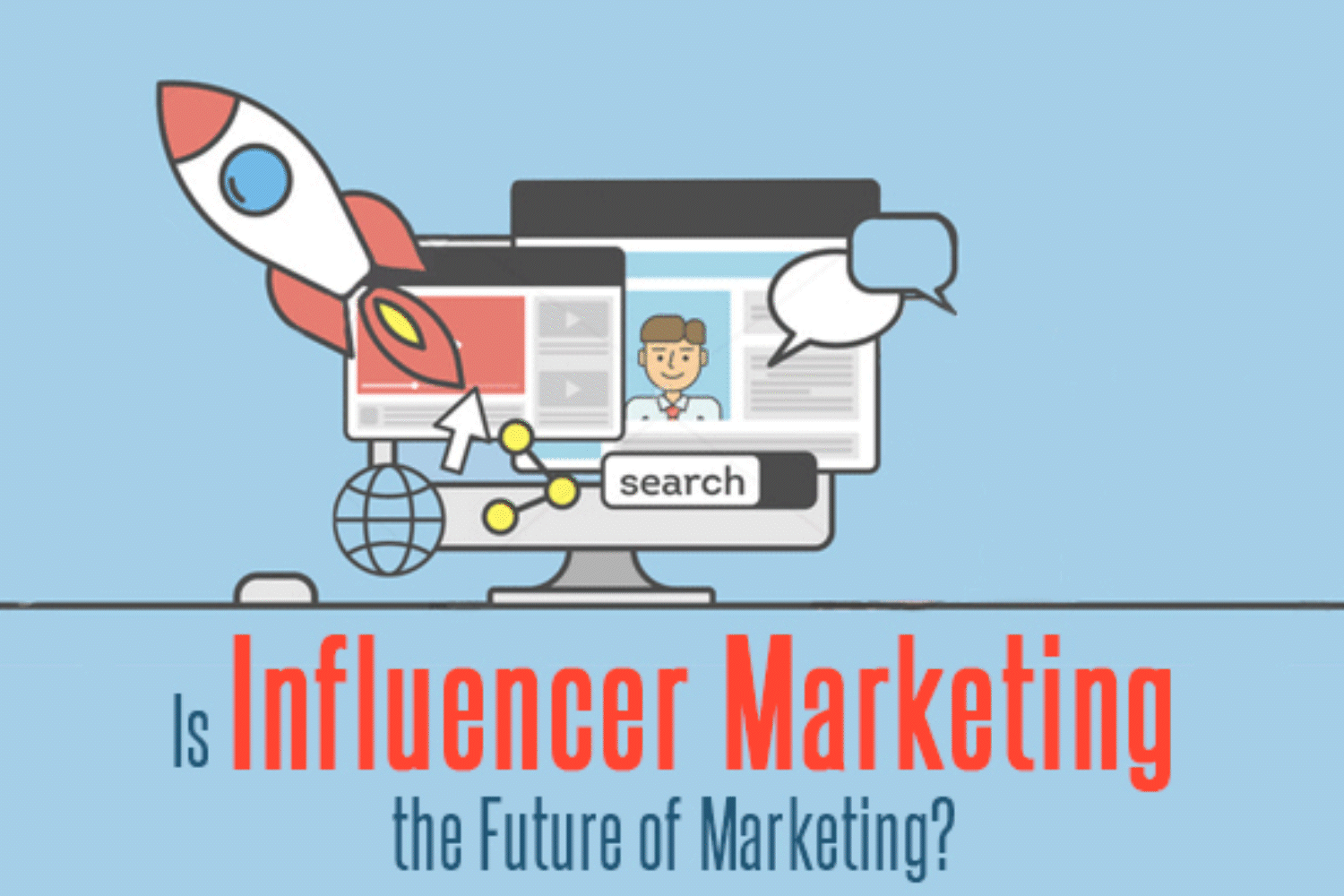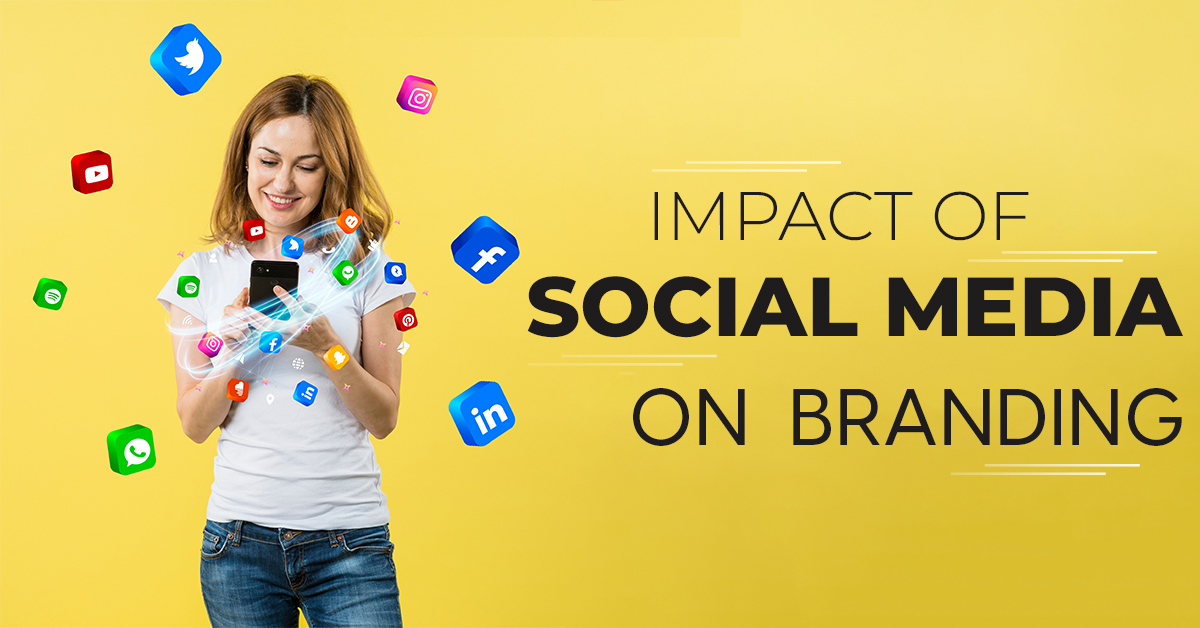09 December
Influencer Marketing: Explore the Benefits of Collaborating with Influencers and How to Build Successful Influencer Marketing Campaigns
published
October 23topics
#SMMInfluencer marketing has evolved as a significant approach for brands to engage with their target audience in today's digital age. Influencers have gained enormous sway over consumer behavior as social media platforms have grown in popularity.In this blog, we will explore the benefits of collaborating with influencers and provide insights on how to build successful influencer marketing campaigns that drive tangible results.
Understanding Influencer Marketing
What is Influencer Marketing?
Types of Influencers
There are different types of influencers based on the size of their following. These include:
- Mega-influencers: Public personalities and celebrities with a large following
- Macro-influencers: Individuals with a substantial following, typically ranging from 100,000 to a few million followers
- Micro-influencers: Individuals with a smaller but highly engaged following, typically ranging from 10,000 to 100,000 followers
- Nano-influencers: Individuals with a small following, typically ranging from 1,000 to 10,000 followers
Why is Influencer Marketing Effective?
- Trust and authenticity: Influencers often have a close relationship with their followers, who trust their recommendations and perceive them as authentic voices in their respective niches
- Reach and engagement: Influencers have the ability to reach a large number of people and generate high engagement levels through likes, comments, and shares
- Targeted audience: Influencers specialize in specific niches, allowing brands to target their marketing efforts towards a relevant and interested audience
Benefits of Collaborating with Influencers
- Increased Brand Awareness
Collaborating with influencers can significantly increase brand awareness. By leveraging an influencer's reach and audience, brands can expose their products or services to a wider segment of the population. Influencers have cultivated a loyal following, and their recommendations can lead to increased visibility and exposure for your brand
- Enhanced Credibility and Trust
Influencers have earned the confidence and credibility of their following.By associating your brand with an influencer who aligns with your values and target audience, you can leverage their authority and expertise to enhance your brand's credibility. Influencers' followers are more inclined to trust and take notice of your brand when they recommend your goods or services
- Improved Audience Engagement
Influencers are skilled content creators and storytellers. They know how to engage their audience through compelling and relatable content. By collaborating with influencers, brands can tap into their creativity and ability to generate conversations around their products or services. This leads to increased audience engagement, such as comments, likes, and shares, which in turn can drive brand awareness and conversions
- Targeted Marketing and Niche Audiences
Influencers cater to specific demographics and niche markets. Their followers share common interests, making it easier for brands to target their ideal audience. Collaborating with influencers allows brands to access these niche audiences and connect with potential customers who are more likely to be interested in their offerings. This targeted approach can result in higher conversion rates and a more efficient use of marketing resources
- Cost-Effective Marketing Strategy
In comparison to traditional advertising methods, influencer marketing can be a cost-effective strategy. While prices may vary depending on the influencer's reach and engagement, influencer partnerships often offer a higher return on investment (ROI) due to their ability to reach and engage a specific target audience. Additionally, influencer collaborations often provide additional benefits beyond promotional content, such as user-generated content and increased social media followership
Building Successful Influencer Marketing Campaigns
- Defining Campaign Goals and Objectives
Before launching an influencer marketing campaign, it is crucial to define clear goals and objectives. These may include increasing brand awareness, driving sales, expanding reach to a new audience, or launching a new product. By identifying key performance indicators (KPIs) and aligning influencer partnerships with campaign objectives, brands can measure the success of their campaigns effectively.
- Identifying the Right Influencers
To ensure a successful influencer marketing campaign, it is essential to conduct thorough research and vetting when selecting influencers. Consider factors such as relevance to your industry, target audience alignment, engagement rates, authenticity, and the influencer's previous brand collaborations. Tools like social media listening and influencer marketing platforms can assist in the identification and evaluation process
- Developing Authentic Partnerships
Building authentic relationshipswith influencers is crucial for the success of influencer marketing campaigns. It is important to approach influencers as partners rather than just paid endorsers. Brands should invest time in building genuine relationships with influencers, understanding their values, and aligning them with their brand's values. By fostering authentic partnerships, brands can ensure that influencers genuinely endorse their products or services, leading to more authentic and effective campaign messaging
- Creating Compelling Content
Content is at the heart of influencer marketing campaigns. Brands should collaborate with influencers to create compelling content that resonates with their audience. It's important to strike a balance between brand guidelines and influencer creativity, allowing influencers to bring their unique perspective and storytelling abilities. The content should be engaging, informative, and showcase the brand's value proposition in an authentic way
- Leveraging Multiple Platforms
Influencers are active on various social media platforms, and brands should leverage this multi-platform presence to maximize the reach and impact of their influencer marketing campaigns. Identifying the right social media platforms depends on the target audience and the type of content being promoted. For example, fashion and lifestyle influencers may be more effective on platforms like Instagram and YouTube, while business-related content may perform better on LinkedIn
- Measuring and Analyzing Campaign Performance
Measuring and analyzing campaign performance is crucial to understand the effectiveness of influencer marketing efforts. Brands should track and analyze relevant metrics such as reach, engagement, click-through rates, conversions, and sales. This data helps in evaluating the ROI of influencer partnerships and identifying areas for improvement. Tools like Google Analytics, social media analytics, and influencer marketing platforms can provide valuable insights into campaign performance.
- Influencer Selection Criteria: When choosing influencers for your marketing campaigns, it's important to consider factors beyond just their follower count. Look for influencers whose values align with your brand, and whose audience demographics match your target market. Assess their engagement rates, the quality of their content, and the level of authenticity they project. Additionally, consider their reputation within the industry and any previous brand collaborations they have undertaken
- Long-Term Partnerships: Building long-term partnerships with influencers can be beneficial for your brand. These partnerships allow influencers to develop a deeper understanding of your products or services, resulting in more authentic and compelling content. Long-term collaborations also help in establishing a consistent brand presence and fostering trust with the influencer's audience over time
- Influencer Marketing Regulations: As influencer marketing continues to evolve, regulatory bodies have implemented guidelines to ensure transparency and protect consumers. Familiarize yourself with the regulations in your jurisdiction, such as disclosure requirements for sponsored content. Ensure that influencers you collaborate with adhere to these guidelines, as non-compliance can have legal and reputational consequences for your brand
- Micro-Influencers and Nano-Influencers: While mega and macro-influencers often have a large reach, micro-influencers and nano-influencers can offer unique advantages. These influencers typically have a highly engaged, niche audience, resulting in more targeted marketing. Their smaller follower count often means they are more accessible and affordable for brands, making them an appealing option for businesses with limited budgets
- Influencer Marketing in B2B: Influencer marketing is not limited to B2C industries. It can also be effective in B2B sectors. In B2B influencer marketing, industry experts, thought leaders, and professionals with specialized knowledge can serve as influencers to promote your brand. Collaborating with influencers in the B2B space can help establish credibility, generate leads, and drive conversions among business audiences
- Influencer-Generated Content: In addition to sponsored posts, influencer collaborations can result in valuable influencer-generated content (IGC). IGC refers to content that influencers create featuring your brand or products, which can be repurposed across your marketing channels. This content adds authenticity and social proof to your brand messaging, as it is created by individuals trusted by their audience
- Influencer Marketing ROI: Measuring the return on investment (ROI) of influencer marketing campaigns is essential to gauge their effectiveness. Apart from tracking traditional metrics like reach and engagement, it's crucial to tie influencer-driven activities to specific business outcomes such as website traffic, conversions, and sales. Implementing trackable links, unique discount codes, and UTM parameters can help attribute success directly to influencer efforts
- Influencer Fraud and Fake Followers: Influencer fraud is a concern in the industry, as some individuals resort to purchasing fake followers or engagement to inflate their metrics. To mitigate this risk, use tools and platforms that assess the authenticity of an influencer's following. Look for signs of genuine engagement, such as meaningful comments and conversations, rather than relying solely on follower counts
- Diversifying Influencer Pool: To reach a wider audience and enhance campaign effectiveness, consider collaborating with influencers from diverse backgrounds. Embrace diversity in terms of race, ethnicity, gender, age, and geographical location. This approach can help you connect with a broader range of consumers and foster inclusivity in your marketing efforts
- Influencer Marketing and User-Generated Content (UGC): Influencer marketing can complement user-generated content (UGC) strategies.Encourage influencers and their fans to produce and distribute user-generated content (UGC) about your brand.. UGC adds an authentic and relatable element to your marketing campaigns, as it is created by real customers or fans. It also encourages user engagement and participation, strengthening the bond between your brand and its community
How can I measure the return on investment (ROI) of influencer marketing campaigns?
- Set Clear Objectives: Your influencer marketing campaign's aims and objectives should be specified in detail.. These objectives could include increasing brand awareness, driving website traffic, generating leads, boosting sales, or improving brand sentiment. Setting specific and measurable goals will provide a framework for evaluating ROI
- Track Key Performance Indicators (KPIs): Identify the key metrics that align with your campaign objectives. The specific KPIs will vary depending on your goals but may include reach, engagement metrics (likes, comments, shares), website traffic, click-through rates, conversion rates, sales revenue, or customer acquisition cost (CAC). Establish a baseline for these metrics before launching the campaign
- Implement Trackable Links and Unique Discount Codes: Assign unique trackable links or discount codes to each influencer or campaign. These links or codes allow you to directly attribute website traffic, conversions, or sales to specific influencers and campaigns. Use tools like UTM parameters or affiliate tracking platforms to track the performance of these links
- Use Influencer-Specific Landing Pages: Create dedicated landing pages on your website that are specific to each influencer or campaign. This allows you to monitor the traffic, engagement, and conversion rates associated with each influencer's audience
- Track Social Media Metrics: Monitor the performance of influencer posts on social media platforms. Look at engagement metrics such as likes, comments, shares, and saves to gauge the level of audience interest and interaction. Analyze these metrics in comparison to your baseline and other marketing efforts to assess the impact of influencer collaborations
- Analyze Web Analytics: Utilize web analytics tools like Google Analytics to track website traffic and user behavior. Monitor the number of visits, time spent on site, bounce rates, and conversion rates for traffic originating from influencer campaigns. Compare these metrics with your overall website performance to assess the incremental impact of influencer marketing
- Calculate Cost per Acquisition (CPA): Determine the cost per acquisition for each influencer campaign by dividing the total cost of the campaign by the number of conversions or acquisitions generated. This helps you understand the efficiency and cost-effectiveness of each influencer's efforts
- Consider Lifetime Value (LTV): Look beyond immediate conversions and consider the long-term value of customers acquired through influencer marketing. Calculate the lifetime value of customers attributed to influencer campaigns by assessing their average purchase frequency, average order value, and customer retention rates. This provides a more comprehensive view of the campaign's impact on revenue generation
- Survey Brand Perception: Conduct surveys or monitor social media sentiment to gauge changes in brand perception and awareness resulting from influencer campaigns. Assess qualitative feedback from customers, followers, and target audiences to gain insights into the campaign's impact on brand reputation and customer sentiment
- Compare ROI Across Campaigns: Compare the ROI of different influencer campaigns, as well as influencer marketing efforts versus other marketing channels. Analyzing the cost-effectiveness and performance of various campaigns will help you optimize your influencer marketing strategies over time
Conclusion
Become Our Next Obsession With Your Project.
Let’s talk
We're excited to discuss your ideas, goals, needs, and dreams. Let's schedule a call.
Start a projectSome topics to look into
discover our blog22 November
02 November






